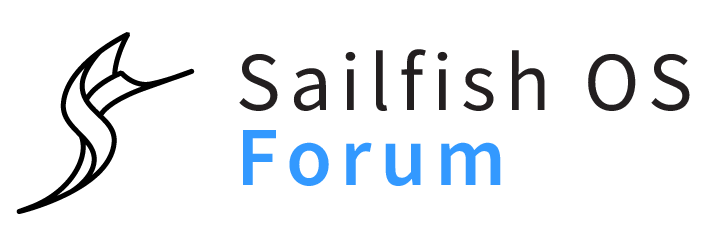REPRODUCIBILITY: 100% (always)
OSVERSION: 4.4.0.72
HARDWARE: Sony Xperia 10 III - xqbt52 - xqbt52 - 1.0.0.176 - aarch64
UI LANGUAGE: English (UK) (user: en_GB, os: en_GB.utf8)
REGRESSION: no
DESCRIPTION:
4.4.0.72 introduced the ability to copy URLs to clipboard quickly.
However the URL is copied literally, which causes problems when pasting, e.g. if the URI contains space characters.
PRECONDITIONS:
STEPS TO REPRODUCE:
- Browse to an URL with spaces (or other characters which break an URL)
- Long press location bar to copy to clipboard
- Paste clipboard somewhere
- Try to open the pasted link
EXPECTED RESULTS:
Pasted URL should open
ACTUAL RESULTS:
Link is likely to not work correctly, depending on whether the app receiving the URL sanitizes the link or not.
MODIFICATIONS:
- Patchmanager: yes
- OpenRepos: yes
- Chum: yes
- Other: no:
ADDITIONAL INFORMATION:
Further discussion possibly at Encode URL string before copying to clipboard by nephros · Pull Request #1004 · sailfishos/sailfish-browser · GitHub
Device Owner User: nemo
Home Encryption: enabled
